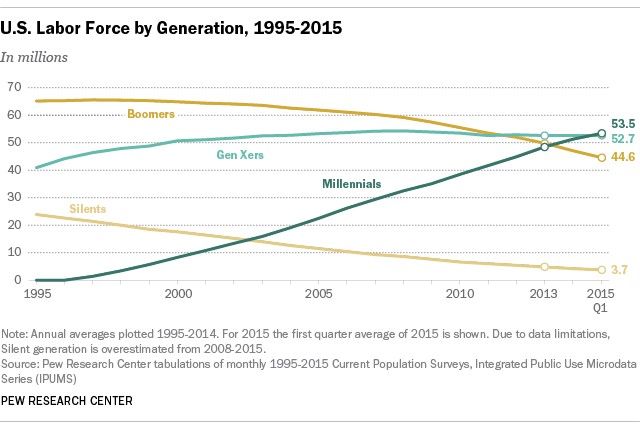Industry looks for solutions to declining labor productivity and craft shortages
While the U.S. is preparing for 310 petrochemical projects and $185 billion in capital investment at the same time an experienced generation of workers retires, quality and productivity are becoming an even bigger challenge than the labor shortage, owners and contractors told Petrochemical Update.

“U.S. Gulf Coast craft labor used to be the benchmark around the world, it was known as the most productive, safest, most knowledgeable in the world, but I don’t think we are seeing that now,” Ed Lehotsky, senior vice president of LNG Engineering and Construction at Cheniere Energy, said while speaking at Petrochemical Update’s Downstream Engineering, Construction and Maintenance Conference in New Orleans.
The Conference attracted nearly 1,000 delegates from around the world over a three-day period.
“One of the metrics that I watch as far as productivity is weld rejects rates, the quality of the welds the first time,” Lehotsky said. “I am used to seeing 1-2 %, but we are seeing 6% and as much as 12% now in rejects.
Lehotsky said he believes the reason for the decline is because the welders are not as experienced as before.
“Our team has over 1,700 years of combined experience in oil and gas and 900 of that is in liquefied natural gas (LNG) and contractors respect us for our knowledge, but the industry is seeing retirement in both leadership and the crafts,” Lehotsky said. “We really have to work on this if we want to build these specialty projects on time and on budget.”
Millennials surpass Boomers
Millennials surpassed both the Baby Boomer generation and Generation X in 2015 as the largest generation in the workforce, according to the U.S. Bureau of Labor Statistics.

Source: Pew Research Center
The Baby Boom workforce peaked in size at nearly 66 million in 1997. About 45 million Baby Boomers were in the labor force at the start of 2015, at the time the Census report was done.
The youngest Boomer is now in their early 50s, while the oldest have recently turned 70. With more Boomers retiring every year, the size of this generation’s workforce will continue to shrink.
“Gulf Coast productivity is not what it used to be,” said Joe Thompson, General Manager of Bechtel’s Downstream and Chemicals Business, while speaking at the Conference. “Millennials outnumber Boomers now. They need experience and training. We have to invest in them.”
Training Solutions
Both owners and contractors are looking at options to train the new workers.
Cheniere is funding welding programs in Louisiana for both high school, technical colleges and returning serviceman, Lehotsky said.
To date, Cheniere has trained at least 90 workers in high quality welding such as stainless steel welding.
Fluor is focusing on building the pipeline of skilled craft professionals by offering training to encourage individuals to choose craft careers, said Mark Fields, President of Energy and Chemicals Americas at Fluor.
“Through our pre-employment training, after-hours training at jobsites and supervisory training, we provide comprehensive training at every stage of a worker’s career at no cost,” he added.
Fluor opened the U.S. Gulf Coast Craft Training Center in Texas, which offers pre-employment, tuition-free, industry-recognized training in the welding, pipefitting, instrumentation, millwright and electrical disciplines.
“Students are under no obligation to work for Fluor after graduation, and we have had more than 300 students graduate from the program since it opened last year,” Fields said.
Fluor has initiated holistic training to focus not just on the craft, but also on leadership skills to help craft laborers plan and prepare for advancement.
“We are conducting leadership training courses at sites to improve our foremen and general foremen’s skills in effective communication, work planning and safety leadership,” Fields said. “We also offer after-hours craft training, at no cost, at our jobsites, to encourage our employees to enhance their skills and career growth."
Solutions right now
While training initiatives are in full force, owners and contractors still must deal with the present shortage of craft labor and productivity challenges. Modularization is one solution working well for Fluor.
“Modularization moves a percentage of the project work offsite to fabrication yards, and helps ensures that our onsite resource needs match craft availability. This approach helps provide the greatest level of capital efficiency and delivery certainty for our projects,” Fields said.
Companies are also providing training for veterans. ConocoPhillips has a dedicated recruiting and training division for veterans.
